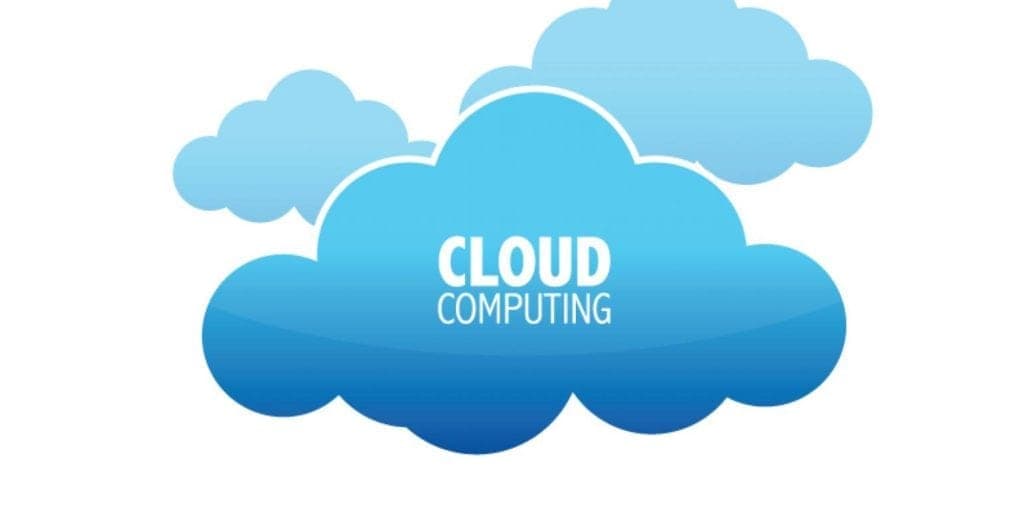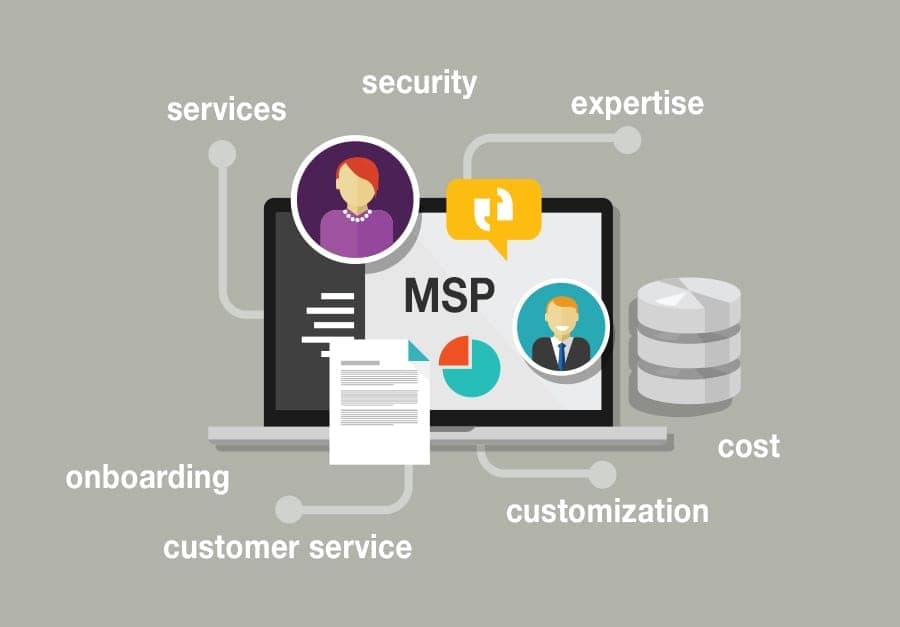Despite cloud computing being over a decade old, it’s only been in the past few years that it has become an IT standard.
If your company is considering moving to the cloud, there are a few things to consider.
Let’s look at the top ten things you need to give thought to before adopting cloud services.
1. Understand Today’s IT Reality
Things are changing rapidly in the economy and the marketplace. This makes it difficult for companies to determine where to spend money in IT, both short and long-term.
Mobility makes external access a growing need. IT services need to be flexible, scalable, and available at all times.
2. Consider What You Can (and Cannot) Move to the Cloud
You need to consider what part of your IT infrastructure can move to the cloud and which ones need to stay in the house.
Some things cannot move to the cloud for regulatory reasons, while others may not be economically feasible to move until the existing hardware becomes outdated.
3. Bring in Third-Party Expertise
Bringing in a third-party provider to help with moving to the cloud is a smart idea. They can help you align your IT goals with your business goals.
They can also coordinate the move. This allows you to get back to focusing on your core competencies.
4. Choose a Provider Carefully
You need to select a provider carefully to ensure they will be there when you need them.
Look for a company that’s been around a few years
- Make sure they provide scalability and flexibility in planning and sourcing
- Ask where they host services
- Don’t sign anything if they do not offer 24/7 support
5. Balance Features and Costs
Individual providers offer different features, with some costing extra. Know what you are paying for and what would cost you extra if you needed it.
6. Reduce Your Carbon Footprint
By only using what you need on the cloud, you can drastically reduce your company’s carbon footprint. You also get lower costs in terms of capital IT outlays and ongoing maintenance/utilities.
7. Explore the Options Available on the Cloud
The services offered via the cloud are considerable, and they are expanding every year. You can get services such as infrastructure, database, software, and disaster recovery. You can opt for backups, archiving, storage, and more.
8. Leverage the Services
As your company grows, you can expand your IT infrastructure as needed with minimal capital layouts. You can also scale down if your needs decrease.
With cloud computing, you can set up new sites, develop software, and test new business projects without a lot of upfront costs.
9. Stay in Compliance
Many industries must follow government guidelines for data storage, retrieval, and security. The good news is that many providers bring experience and expertise in how to marry cloud computing with regulatory compliance. It can save your company time and aggravation.
10. Reap the Benefits
Cloud computing brings several benefits that you need to consider.
- Your services are delivered centrally and consistently
- Your employees can access them from in or out of the office
- You get built-in flexibility without the need for long-term planning and provisioning
- You get a flat monthly fee for the services you use
- Your data is secure behind state-of-the-art firewalls and physical barriers
Are you ready to embrace the cloud and all that it has to offer? The first step is to find a dependable cloud provider and determine what features are most important for your company.









